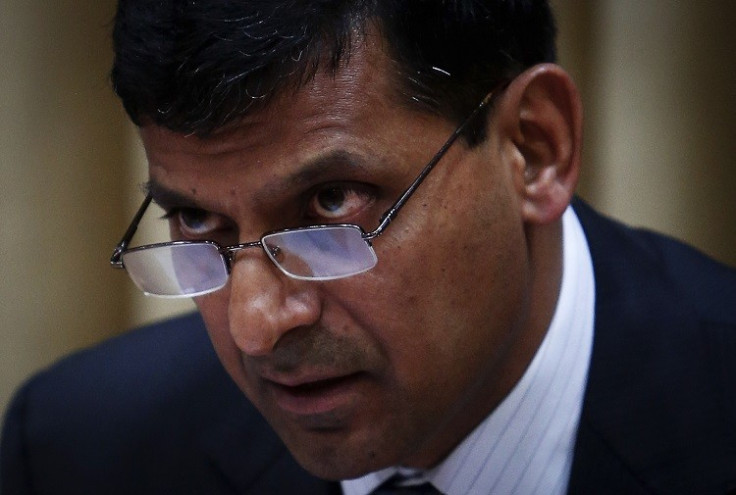Promises of India's New Central Bank Chief Raghuram Rajan Lift Rupee and Stocks

India's currency and stocks gained as investors became more optimistic about the economy after the newly-appointed central bank chief promised to undertake vital policies to boost growth.
Having closed on 4 September at 67.09 rupees, the US dollar fell to as much as 65.53 in following morning's trade. The greenback is trading at 66.22 as at 7:15am GMT, down 1.30%.
The Bombay Stock Exchange Sensex gained 2.31% to 18,996.28, while Nifty index of the National Stock Exchange rose 2.66% to 5,593 as at 7:18 am GMT. Banking stocks such as ICICI and HDFC gained as much as 10% in the morning.
On 4 September, Raghuram Rajan took over as the governor of the Reserve Bank of India (RBI), replacing Duvvuri Subbarao who has completed his five-year term marked by the crisis.
Rajan previously worked as chief economist with the International Monetary Fund (IMF). He was appointed as the chief economic adviser to the finance ministry in August 2012.
Following his appointment, Rajan announced a series of measures to boost the currency and liberalise the country's key banking sector, while emphasising on "transparency and predictability" in the central bank's actions.
'Economy Facing Challenges'
"These are not easy times, and the economy faces challenges," he said in a statement on taking office.
India has the world's third-largest current account deficit at about $90bn (£57.9bn, €68.3bn), primarily due to its ever-rising oil and gold import bills. The country looks to bring the deficit down to $70bn by the end of the current fiscal year.
The high current account deficit, along with the US plans to ease its monetary stimulus, has affected the rupee, which plunged to an all-time low of 68.80 against the US dollar last week.
The currency has shed nearly 20% since May, as the government's efforts proved to be less effective.
To compound the woes, the inflation rate in the country is high and economists project a growth rate of 4% for the ongoing fiscal year, following the 5% growth in 2012, the slowest in a decade.
Tough Actions for Growth
While he claimed that he has no "magic wand" to solve the ongoing problems, he noted that the actions he takes "will not be popular.
"The Governorship of the Central Bank is not meant to win one votes or Facebook "likes". But I hope to do the right thing, no matter what the criticism, even while looking to learn from the criticism," he said.
Rajan added that while the central bank's primary focus will be on achieving monetary stability, it will consider "inclusive growth and development, as well as financial stability" as the financial regulator of a developing country.
He also promised to further liberalise financial markets and banking sector. Going forward, Indian banks are not required to seek the central bank's approval for each branch they want to open, but they have to balance their expansion in urban and rural areas. The RBI also plans to issue new banking licenses starting from 2014.
In order to prop up rupee, Rajan unveiled measures intended to provide more flexibility to exporters and importers in hedging forward currency contracts.
© Copyright IBTimes 2025. All rights reserved.






















